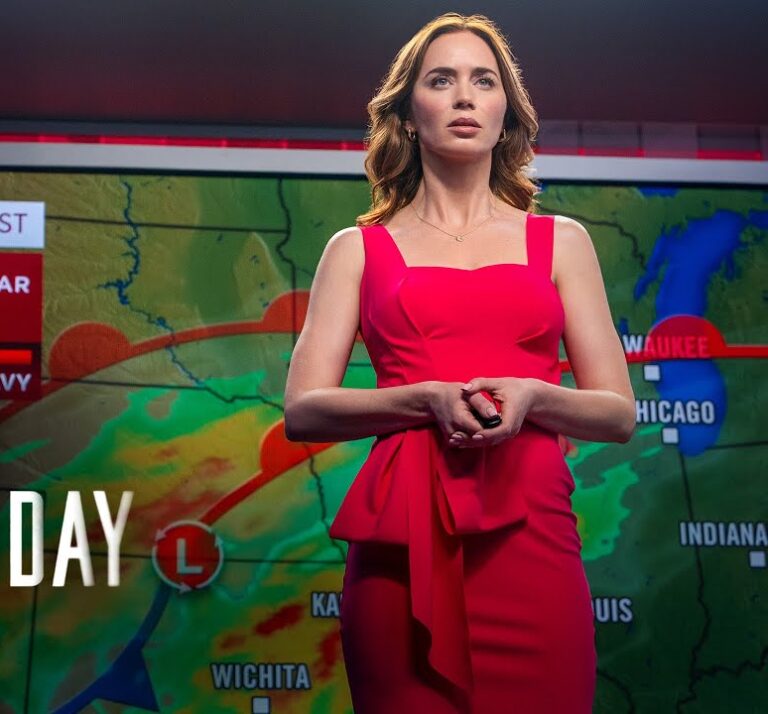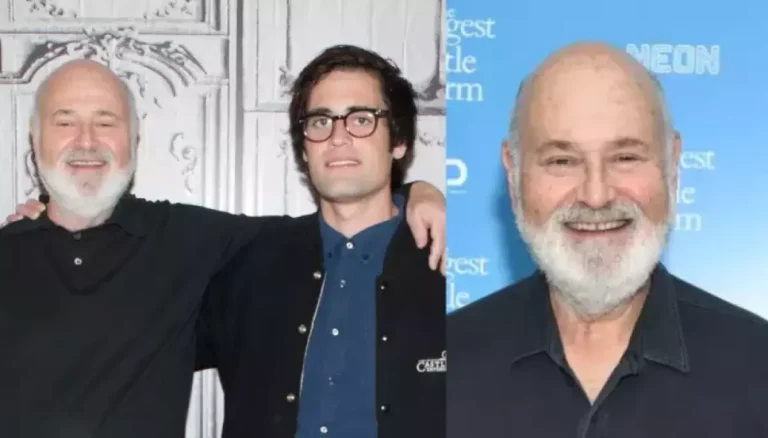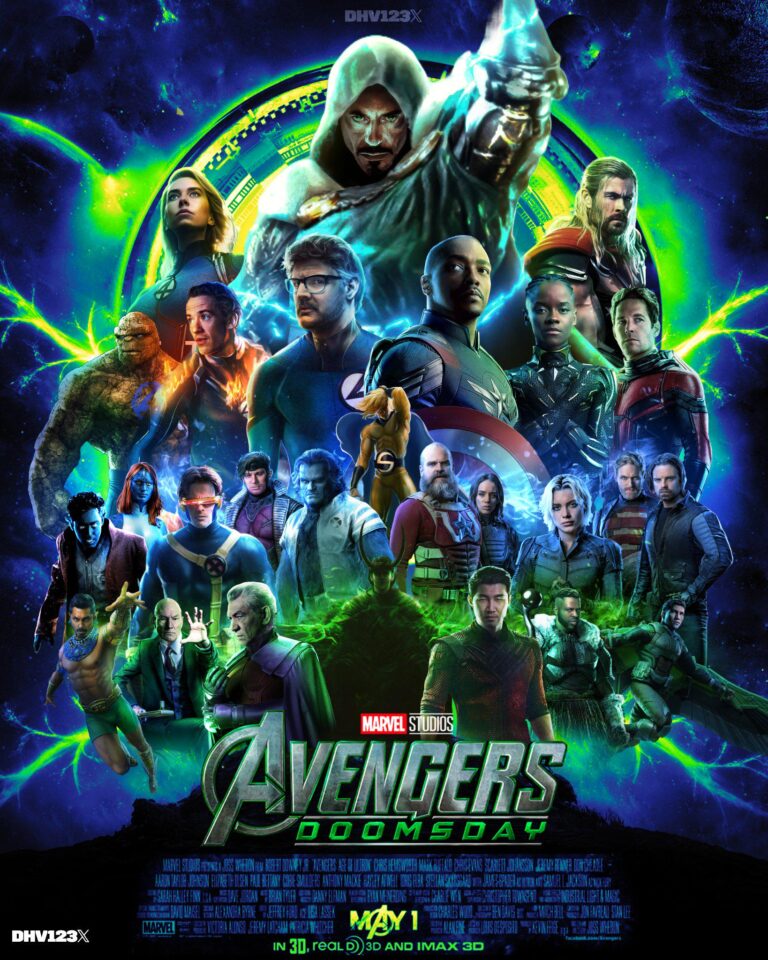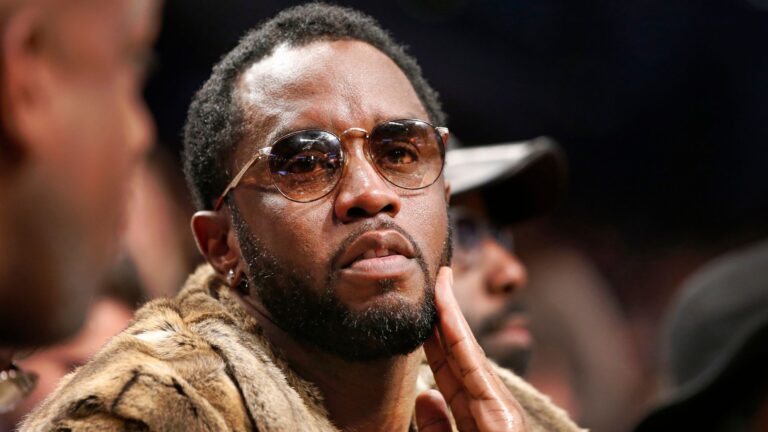
Eddie Palmieri, a trailblazer in Latin jazz and rumba, is no longer with us. He was eighty-eight.
According to Fania Records, Palmieri died on Wednesday evening. Palmieri’s daughter Gabriela told the New York Times that her father had died earlier that day at his home in New Jersey after “an extended illness.”
The pianist, composer, and bandleader became the first Latino to win a Grammy and went on to win seven more during his nearly 40-album career.
Palmieri was born on December 15, 1936, in Spanish Harlem in New York City, just as the ghetto was starting to see music as a way out. He first learned to play the piano, like his famous brother Charlie Palmieri, but he was so interested in drums that he started playing timbales in his uncle’s orchestra when he was 13.
He stopped playing it after a while and went back to the piano. In his online biography, the artist said that when he was a percussionist and was feeling frustrated, he would often “take it out on the piano.”
He won his first Grammy in 1975 for his album “The Sun of Latin Music.” He kept putting out music in his 80s, and during the coronavirus pandemic, he even did live shows.
With his customary modesty and humor, he answered the question, “Learning to play the piano well…” in an interview he gave to The Associated Press in 2011. One thing is to be a pianist. Still another is playing the piano.
While playing piano for the Eddie Forrester Orchestra in the ’50s, Palmieri experimented with tropical music. In 1961, he formed his band, La Perfecta, with trombonist Barry Rogers and singer Ismael Quintana, after having previously been a member of Johnny Seguí and Tito Rodríguez’s bands.
Unlike most Latin music, La Perfecta featured a trombone section rather than trumpets. The band, known for its distinctive sound, soon became one of the top Latin orchestras of its time, alongside Machito and Tito Rodríguez.
“Vámonos pa’l monte,” a 1971 classic featuring Palmieri’s brother Charlie on organ, was one of several albums that he produced for Alegre and Tico Records. Sadly, Charlie Palmieri passed away in 1988.
Eddie’s “Harlem River Drive” from that year further shocked listeners and critics with its unconventional blend of Black and Latin styles, which included salsa, funk, soul, and jazz.
In 1974, he co-wrote “The Sun of Latin Music” with Lalo Rodríguez when he was younger. This album made history by becoming the first Latin album to ever win a Grammy.
For salsa lovers, the following year’s “Eddie Palmieri & Friends in Concert, Live at the University of Puerto Rico” is a must-have album.
Two more Grammys came his way in the ’80s, for the albums “Solito” (1985) and “Palo pa’ rumba” (1984). A few years down the road, he brought salsa singer La India into the spotlight with his production of “Llegó La India vía Eddie Palmieri.”
Palmieri and the late, great Tito Puente collaborated on the album “Masterpiece” in 2000, the year Puente passed away. Both critics and listeners loved it, and it even took home two Grammys. Additionally, the National Foundation for Popular Culture of Puerto Rico selected the album as the year’s most outstanding production.
Notable throughout his lengthy career as a conductor, arranger, producer, and performer, he was a member of the Fania All-Stars and the Tico All-Stars.
For the National Museum of American History’s 1988 catalog, the Smithsonian Institute recorded two concerts by Palmieri.
In 2002, he was honored with the Chubb Fellowship Award, a prestigious accolade typically bestowed upon world leaders, by Yale University for his efforts in fostering unity through music.
More than 160 radio stations across the country carried his 2005 debut show, “Caliente,” which he hosted on National Public Radio.
Renowned musicians like timbalero Nicky Marrero, bassist Israel “Cachao” López, trumpeter Alfredo “Chocolate” Armenteros, trombonist Lewis Khan, and Puerto Rican bassist Bobby Valentín were among his collaborators.
After many of the rumberos he loved playing with passed away in 2010, Palmieri admitted he felt musically lonely.
He traveled the world spreading salsa and Latin jazz, performing in venues in Europe, Asia, North Africa, and Australia, among other places.



